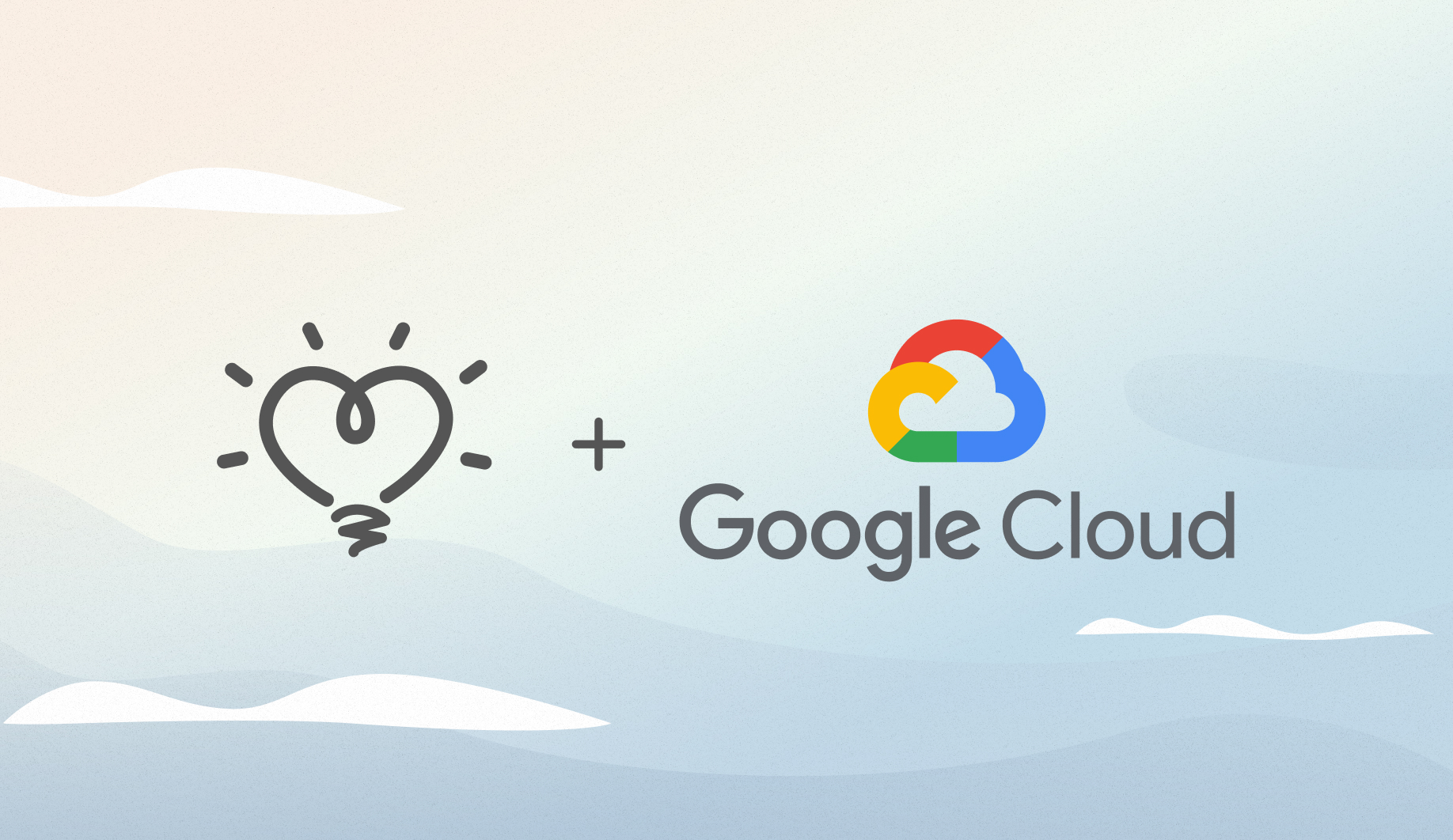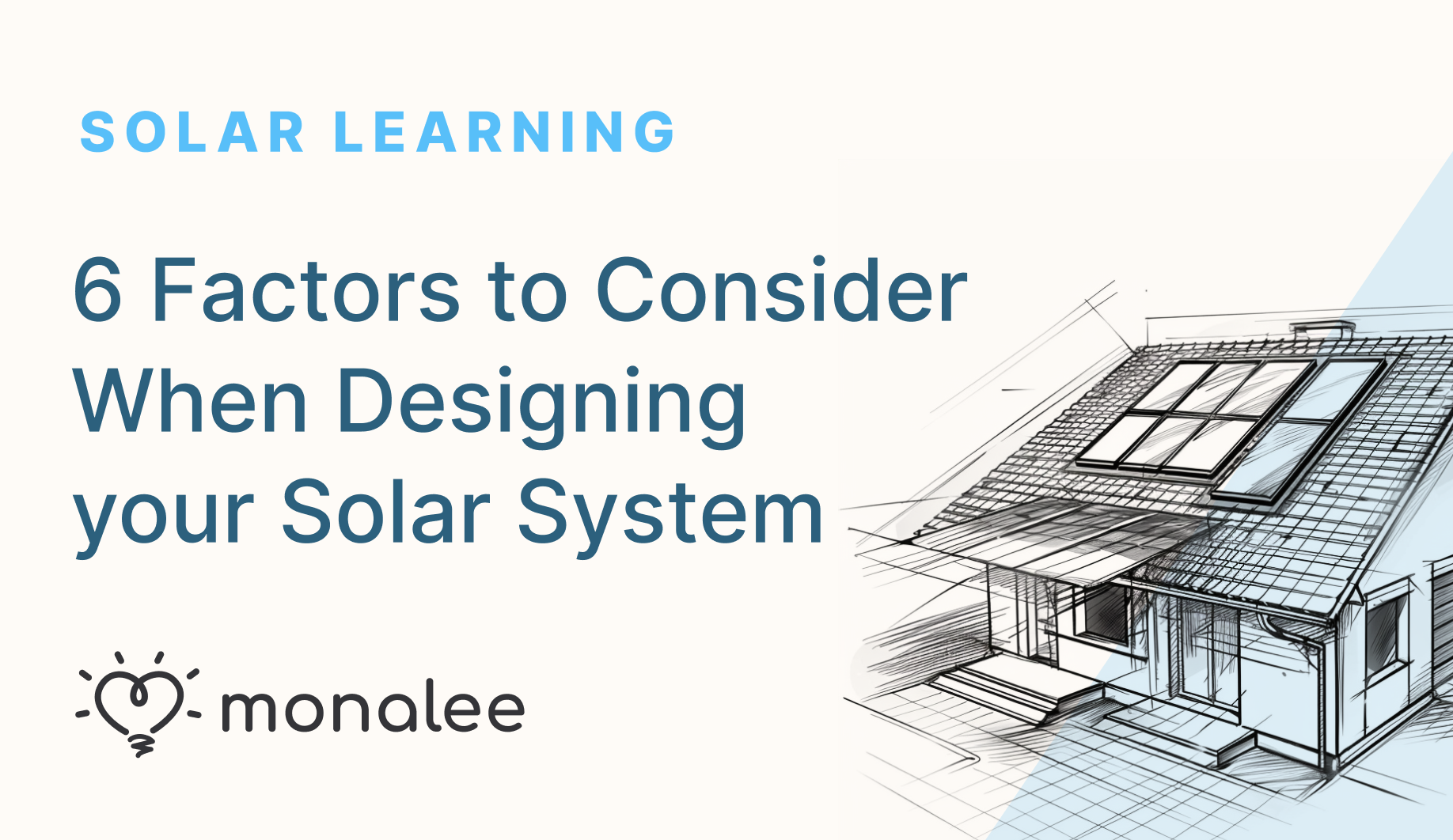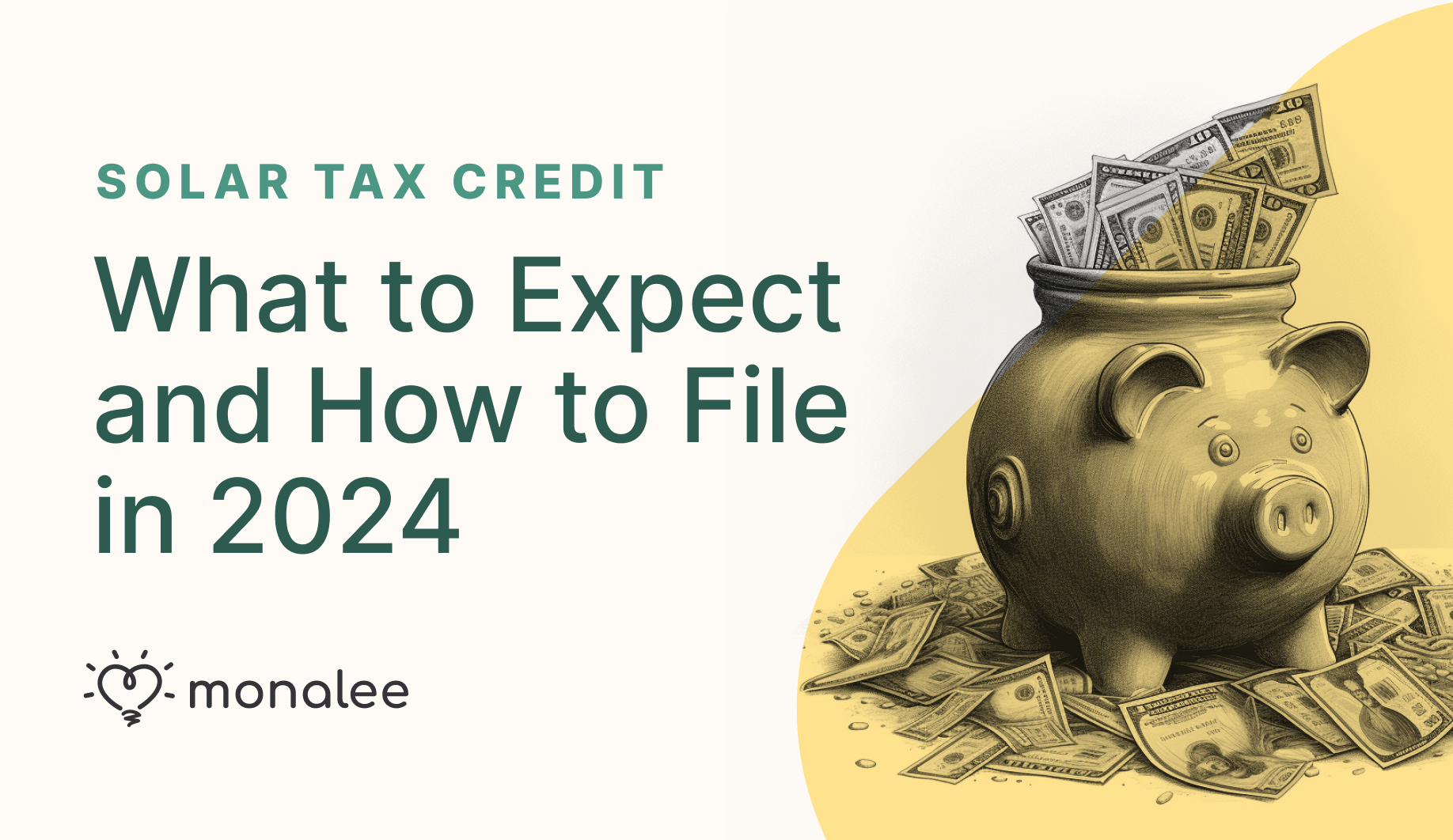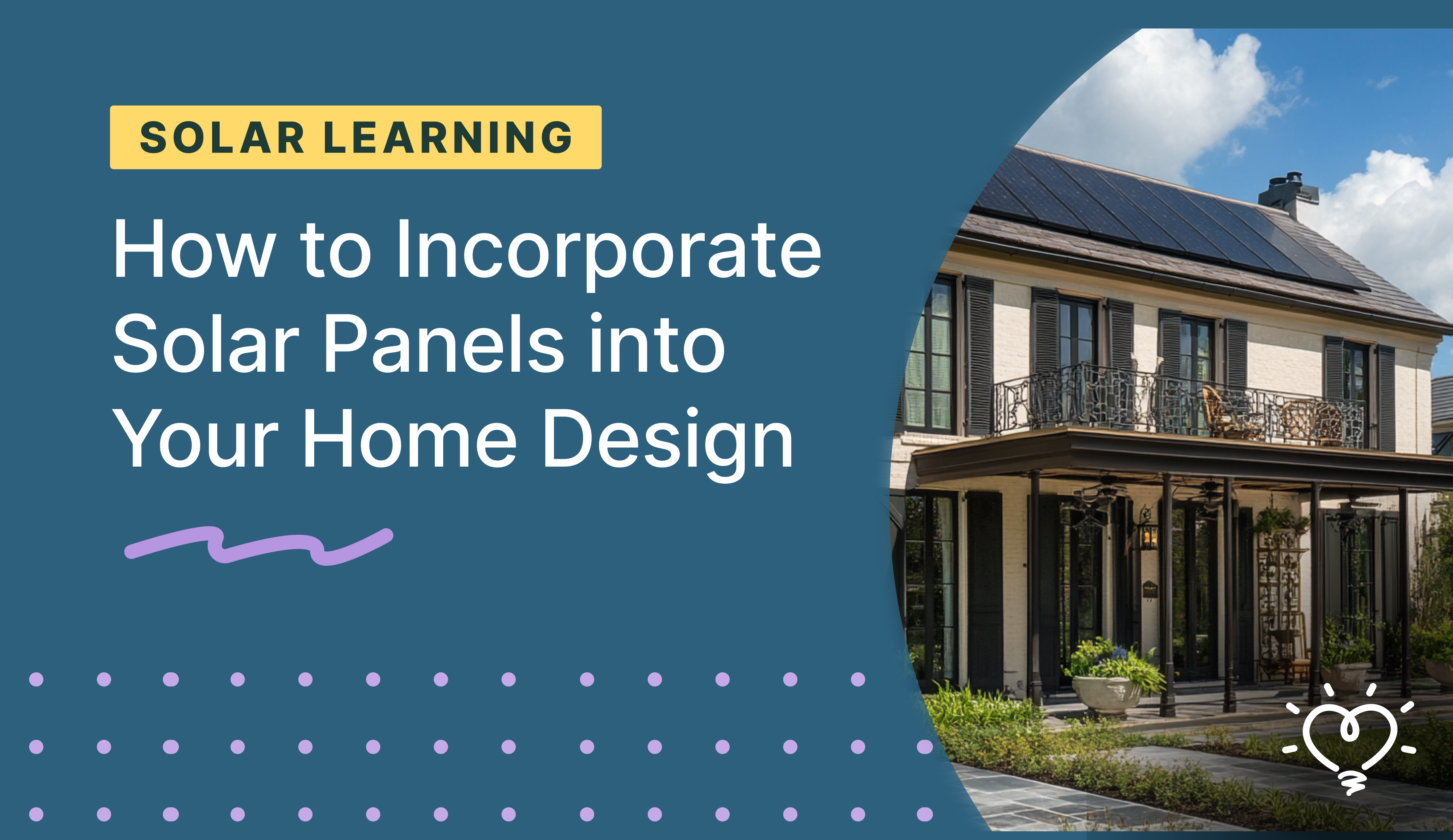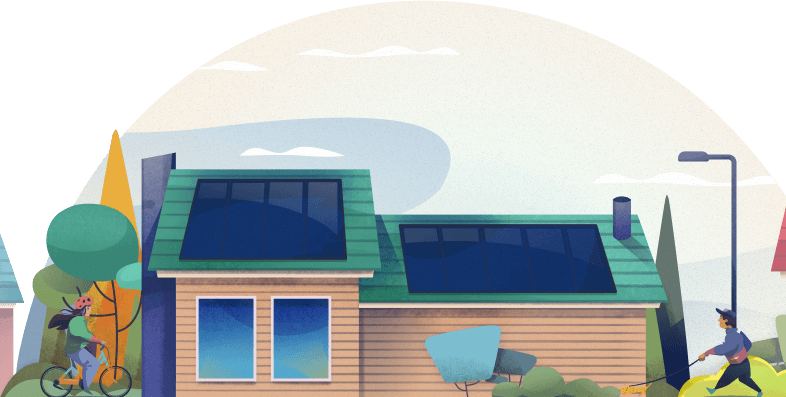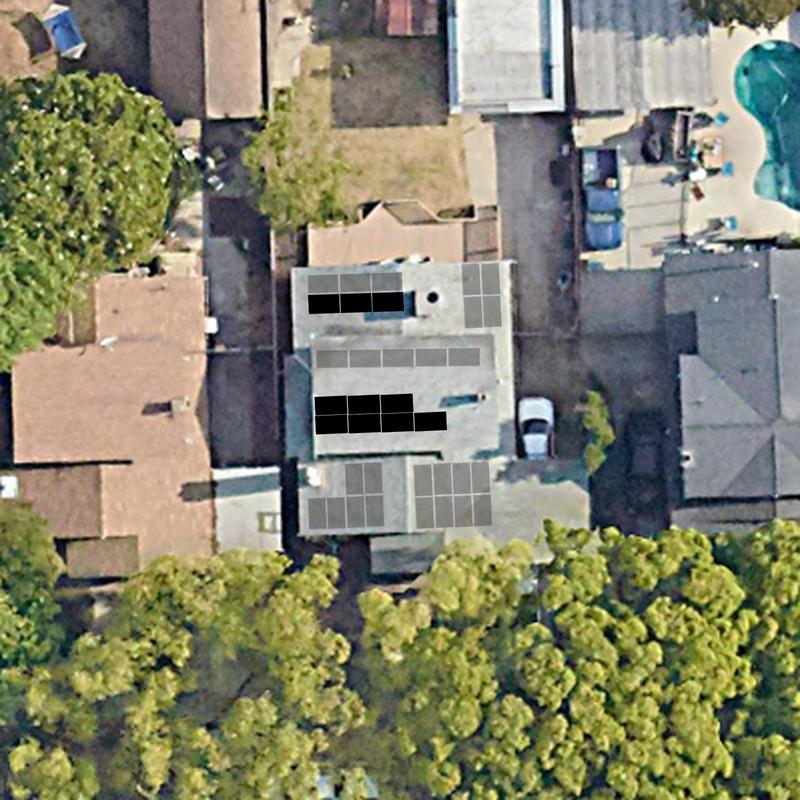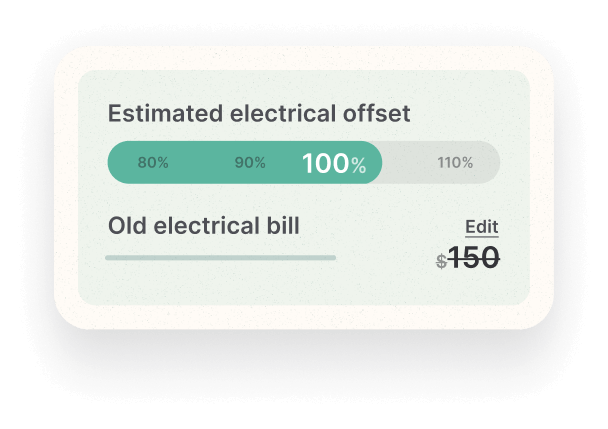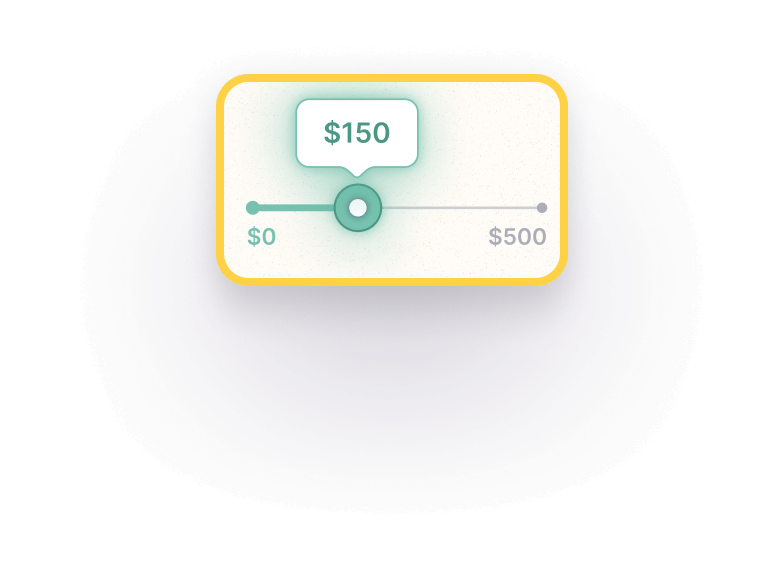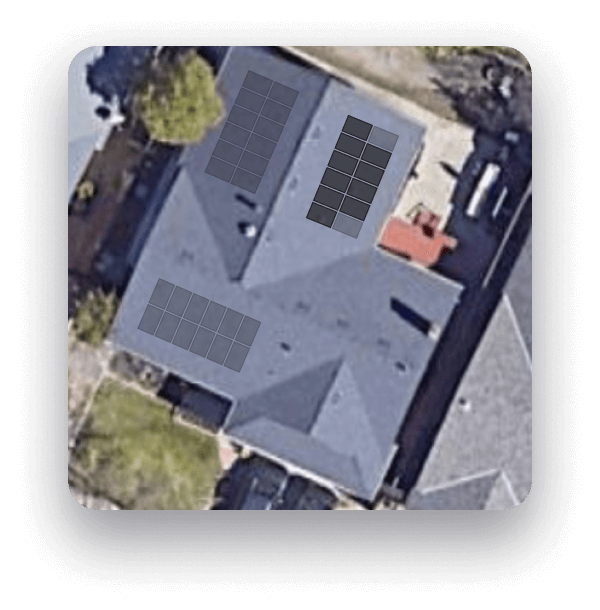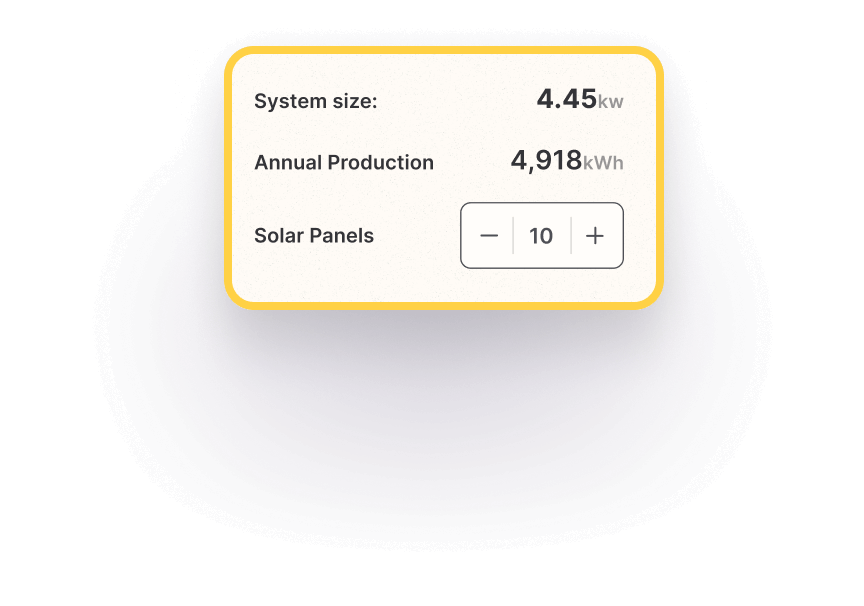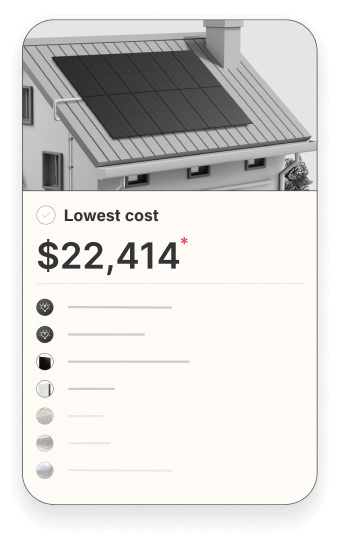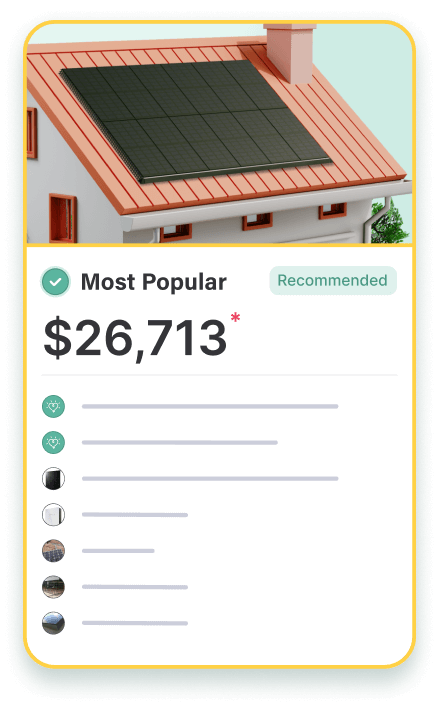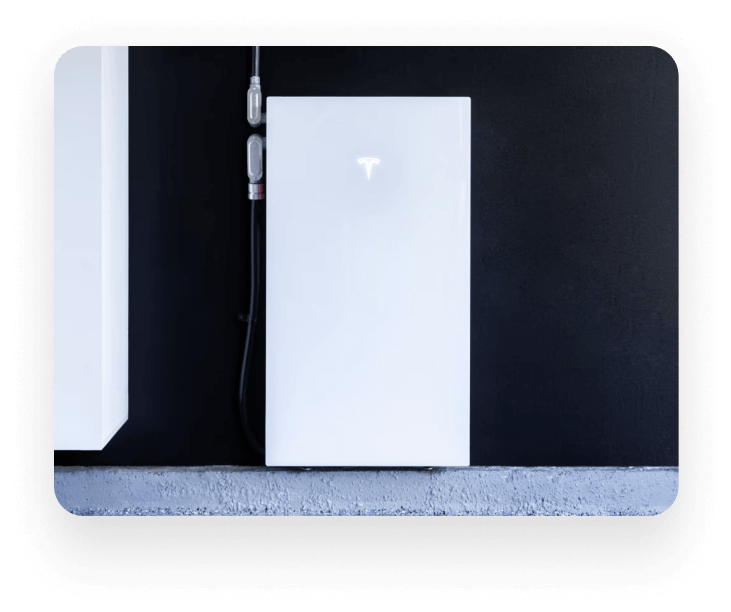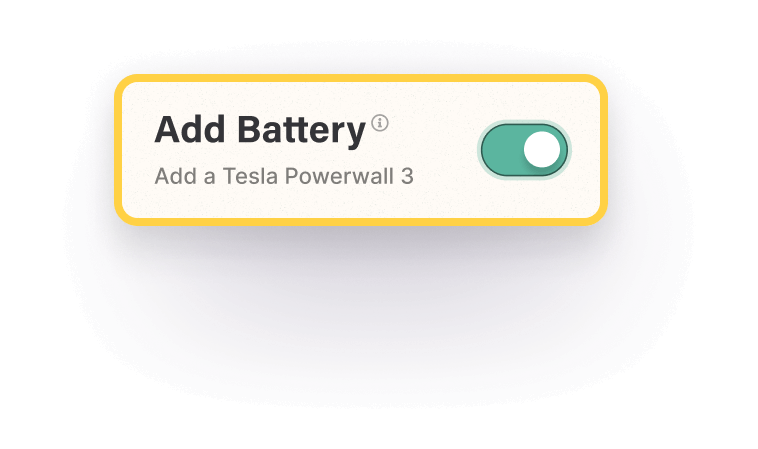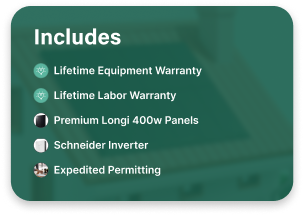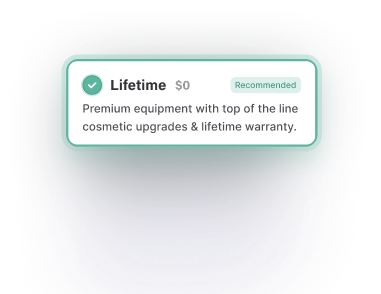Embracing solar energy for your home is not only a smart financial decision, it’s great for the environment. Solar power is an easy way to offset your carbon footprint, gain energy independence, and be immune to utility rate increases.
However, the solar industry is hitting a rough patch and several companies are going out of business. Competition is fierce and not everyone can afford to stay afloat.
This guide outlines a few of the reasons solar companies are having a hard time right now, and what you can do as a homeowner to get your installation across the finish line.
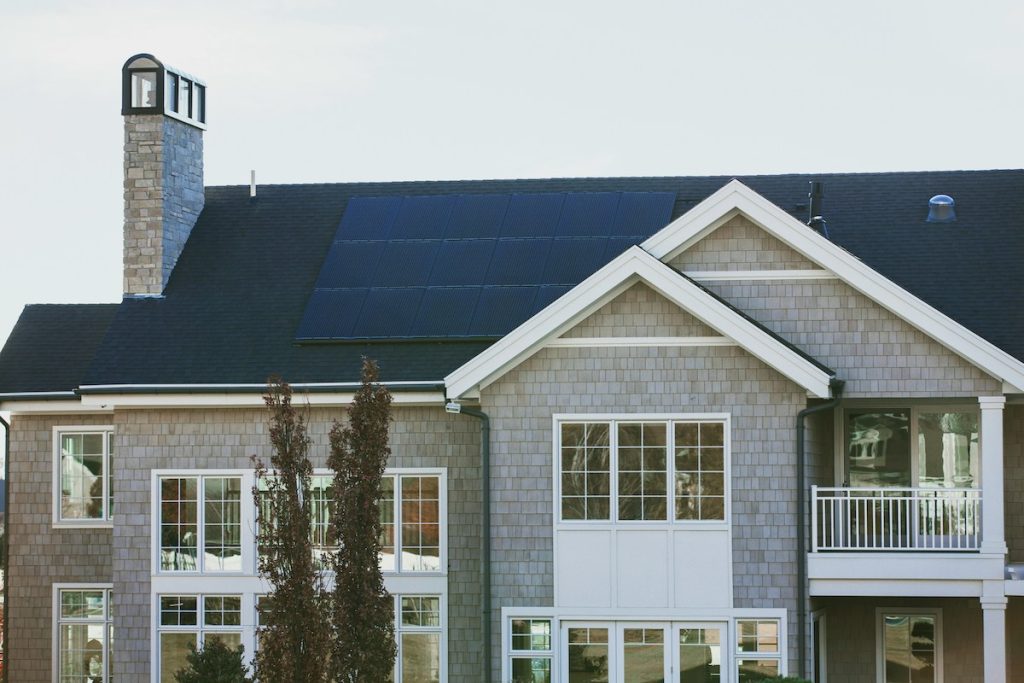
Why are solar companies going out of business?
There are a few contributing factors at play here, including inflation in an uncertain economy, high interest rates on new homes, and competition in the industry.
Intense market competition
Solar is still a high-growth industry–it’s literally the future–but it’s also an extremely competitive market.
According to Solar Insure, 16 major solar outfits have filed for bankruptcy in 2023 and 2024, with Titan and SunPower among the heavy hitters. A big reason for this is due to there not being enough solar projects in the pipeline. There are fewer homeowners switching to solar and therefore more competition among solar companies to get their business. Additionally, many of the solar companies going under have been receiving negative feedback from customers.
Later on in this post, we’ll outline what to do if you started your solar project amidst your company going out of business.

Inflation in an uncertain economy
Solar is an industry where most things are done offline, and there are a lot of soft costs involved. So, while installation costs may be decreasing, soft costs still account for about 75% of the total cost of going solar. From site surveys to permitting to final inspections, there’s a lot that happens before a solar system can start generating power and saving homeowners money.
There’s also the reality that, with everyday prices increasing, investing in solar simply isn’t high enough on a homeowner’s priority list. Other necessities, such as groceries, school supplies, and making mortgage payments need to be covered ahead of any form of home improvement, including installing solar panels.
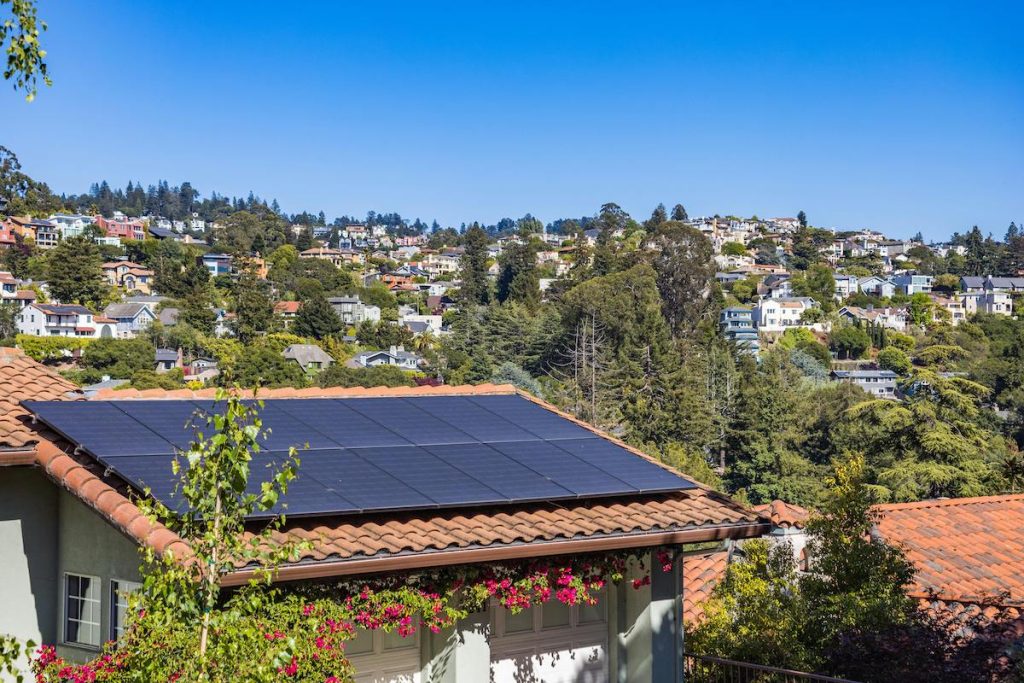
High interest rates
Similar to the housing market, home solar is experiencing high interest rates among financiers. Solar Power World reports that the average loan interest rate soared to nearly 6% in Q3 2023 (from 1.99% in Q2 2022). This is significant, seeing as roughly 70% of solar installations are financed with loans. Most solar loans are fixed-rate, which can be good or bad based on the rate you secure for your monthly repayments.
It’s often the case that homeowners decide to wait until interest rates drop to start the process of installing solar panels. The only hitch is that other people will be doing the same, which in turn creates supply chain delays and extends the overall timeline of getting a solar system up and running. The same thing tends to happen during the spring and summer seasons, when homeowners are gearing up for higher electricity bills due to seasonality.

High installation costs
Even though the price for installing home solar is steadily decreasing, it’s still a significant investment and simply not doable for many American homeowners. When you add high interest rates and inflation into the mix, it’s easy to understand why many people are holding off until conditions improve.
Don’t let the high price tag deter you from switching to solar energy. Several financing plans exist, from loans–secured and unsecured–to cash-out refinance plans or Home Equity Line of Credit (HELOC) to solar leases and power purchase agreements (PPAs).
At Monalee, we’re able to cut the total cost of going solar by about half, making solar more achievable for more people. A big way we’re able to do this is by leveraging advanced machine learning to accurately access a homeowner’s roof and create an initial design, and by removing commission-based salespeople from the process entirely.
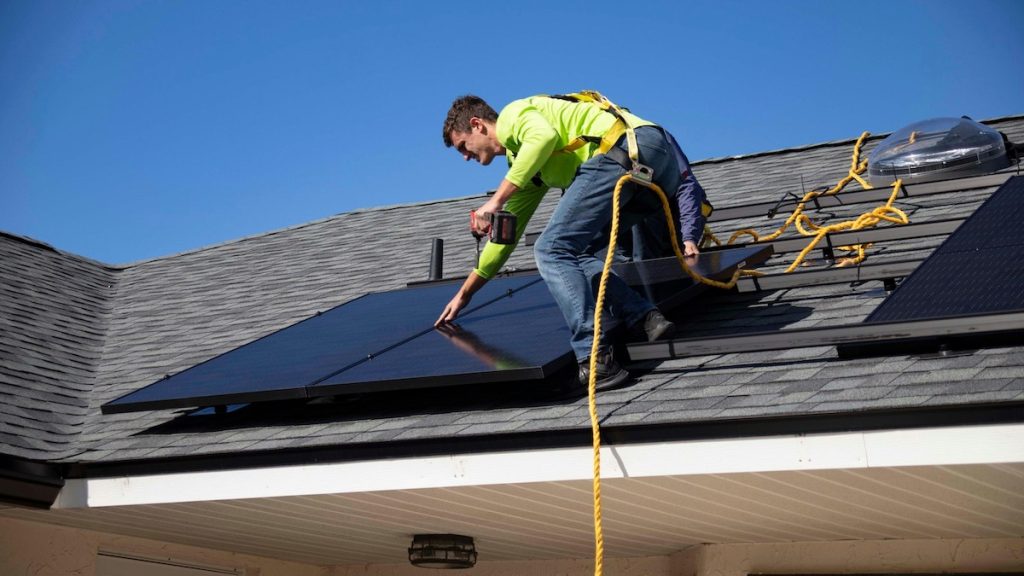
Utility companies less incentivized
Historically, net metering has been a big perk for homeowners who switch to solar. Every time their system produces excess energy, they can sell it to their local grid and receive credits in return. In most cases, homeowners will use those credits during off-peak hours of the day (or night), when their systems aren’t generating as much power.
However, many states and utility companies are getting rid of net metering altogether–or, in the case of California, decreasing the value of the credits so that they aren’t worth as much. Even though utility companies do need this excess energy, they care more about the revenue they lose every time someone switches to solar energy.
The best way around this is for homeowners to invest in one or more batteries for their solar projects. This way, they can store any and all excess energy there rather than it going to waste. It also allows the homeowner to be protected in the event of a blackout.
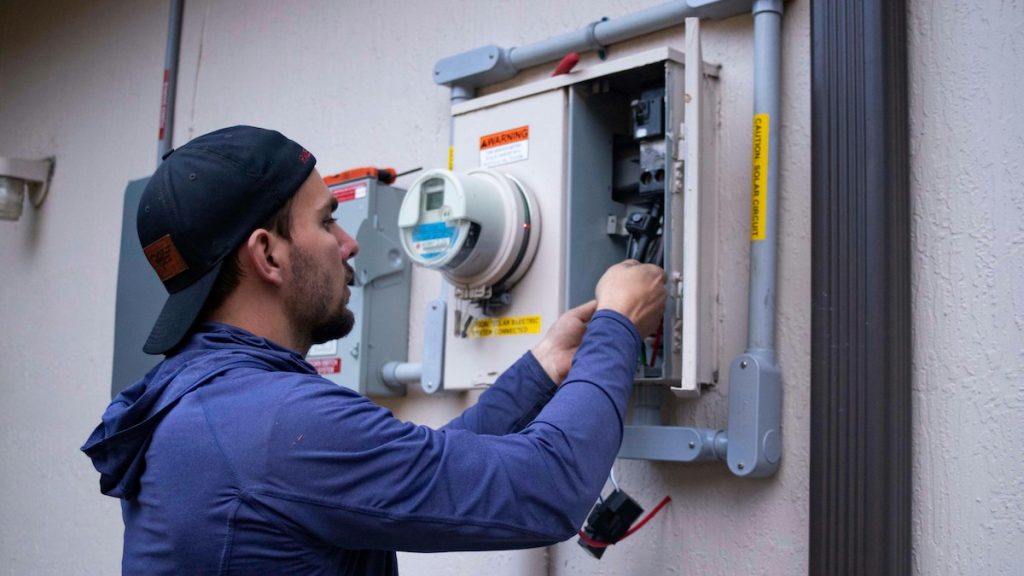
General distrust in the industry
As reported by Time, solar salespeople haven’t always been the most forthright in their approach. Many homeowners would receive a knock on the door followed by a pitch to go solar. These reps typically go door-to-door selling homeowners on the idea of residential solar. They tend to be pushy, self-motivated, and use bait-and switch tactics. It’s off-putting and makes many homeowners hesitant to move forward.
Even though there are more transparent options available now, it only takes one negative experience to discourage a homeowner from going solar. At Monalee, we’ve removed commission-based salespeople from the process and pass any and all savings we get directly onto the homeowner. Our mission is to make solar more accessible and more economic for homeowners everywhere.

What does this mean for your solar project?
Finding out that the solar company you choose is no longer in business is disheartening. If you find yourself in this situation, here are a few steps you can take:
1. If your company was acquired, your account might have been transferred.
It’s not uncommon for larger companies to acquire other companies and if this is the case, your project may have been transferred to the company that took ownership. Hopefully, the company you signed up with will communicate this to you in writing and provide you with peace of mind that your project will be finalized as planned. If you opted for a solar lease or power purchase agreement, your account will also be transferred over to the new company.
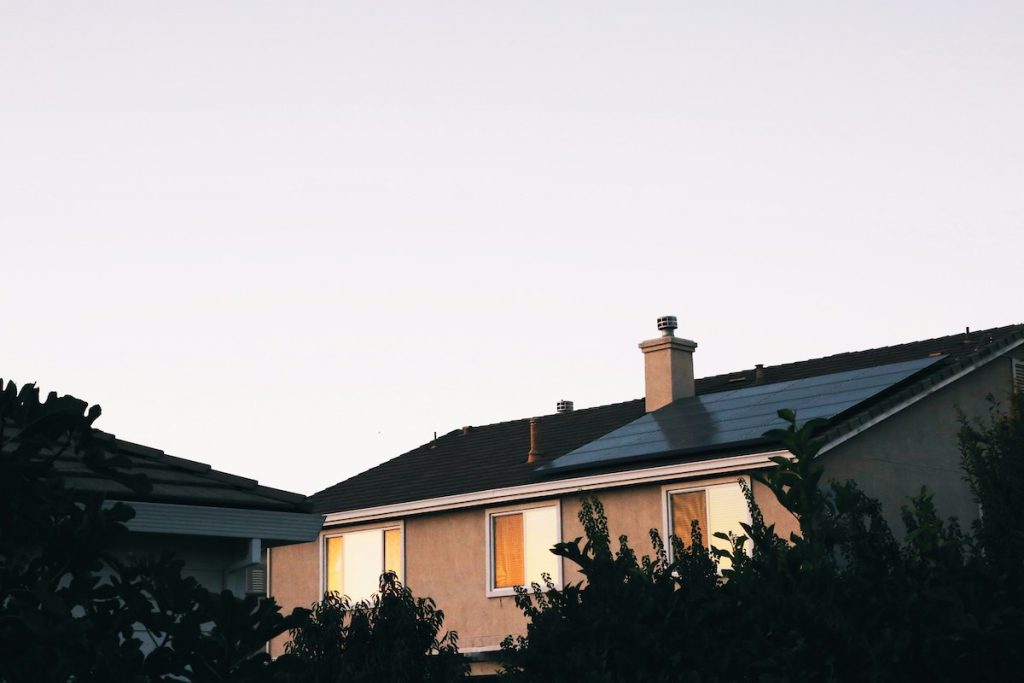
2. You can hire local installers in your area to complete your solar installation
While not ideal, hiring local installers in your area is definitely an option. If you took out a solar loan, contact them to ask if they have any referrals and whether they can connect you with them directly. A trustworthy solar company will have a track record of satisfied customers and be willing to provide references upon request. Positive reviews and testimonials serve as indicators of a company’s reliability and excellent workmanship.
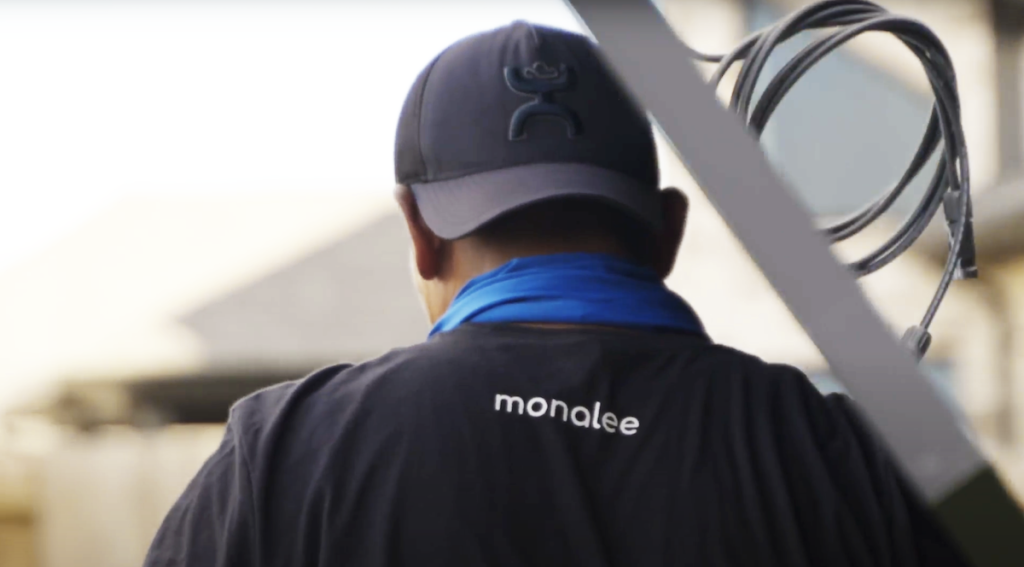
3. Your solar equipment warranty is still valid.
A solar warranty–sometimes referred to as ‘solar panel product warranty’ or ‘materials warranty’–is a guarantee that manufacturers put in place to protect homeowners from any defects or performance issues related to their equipment.
Warranty conditions vary, although they typically cover a variety of damages, from cracks to panel failures. In some cases, warranties protect against normal wear and tear such as issues brought on by humidity, extreme heat, or solder bond failures.
So, regardless of whether your solar company is still in business or not, your parts are covered through the manufacturer. The main difference is that instead of contacting your solar company to help facilitate repairs, you will contact the manufacturer directly.
In the event that your equipment manufacturer, rather than your solar company, goes out of business, your best bet is to get an extended warranty from your solar company.
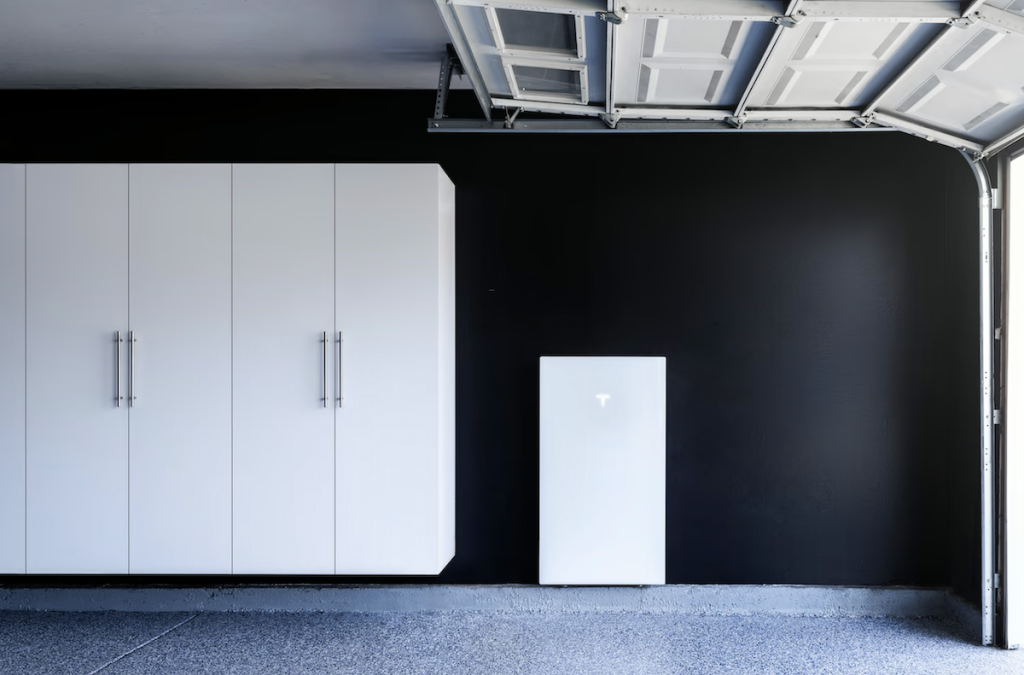
What to look for in a solar company
Before making a decision, research the company’s reputation online. Negative reviews or complaints about poor installation or performance are a big red flag and an indicator that you should work with a different installer. Beware of companies that aren’t straightforward about their pricing, warranties, or installation processes. Transparency is crucial in the solar industry to ensure you fully understand what you’re getting into—especially since going solar is a multifaceted process.
A few ‘green flags’ to look for include transparent pricing and process, as well as expertise in the industry. The solar company you go with should be an expert in solar energy systems, with a team of skilled technicians and an established installation process. They should also know how to analyze your energy usage and find the best, most personalized solar system for your home. A trustworthy solar company will have a track record of satisfied customers and be willing to provide references upon request.
At Monalee, we take a digital-first approach to solar. By leveraging advanced machine learning, we’re able to secure the same solar panel systems for homeowners at half the price of traditional solar companies and with the same or better equipment. Our unique model results in homeowners saving thousands of dollars off the total cost of going solar.
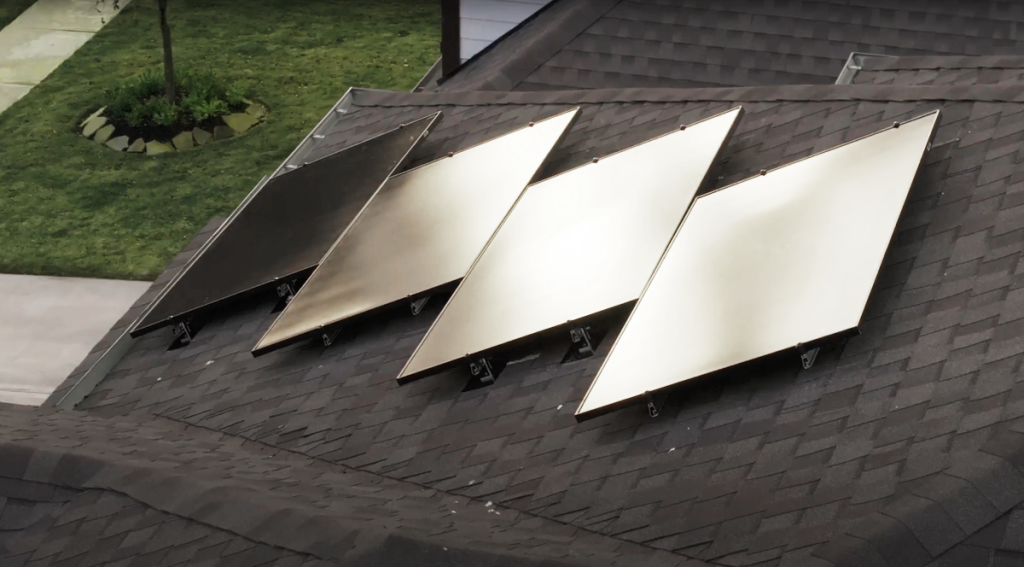
In conclusion
Finding out that the solar company you chose is or has gone out of business can bring up a lot of mixed emotions. It’s completely normal to feel confused, frustrated, worried, and everything in between. In the event of an acquisition, your project will transfer to the company taking over. If not, you can contact local installers who have a good reputation and years of experience installing solar panels on homes in your area.


